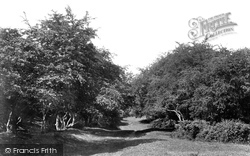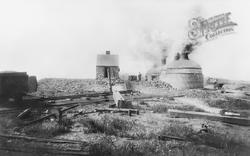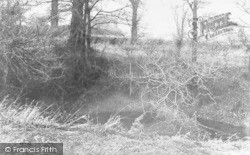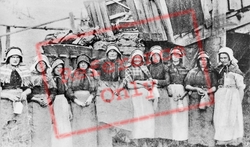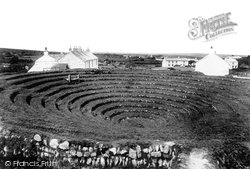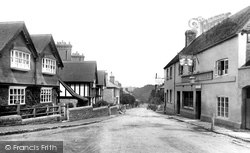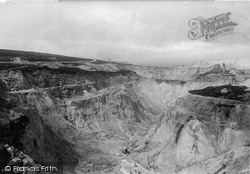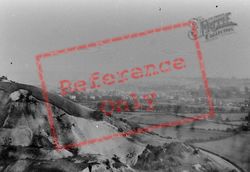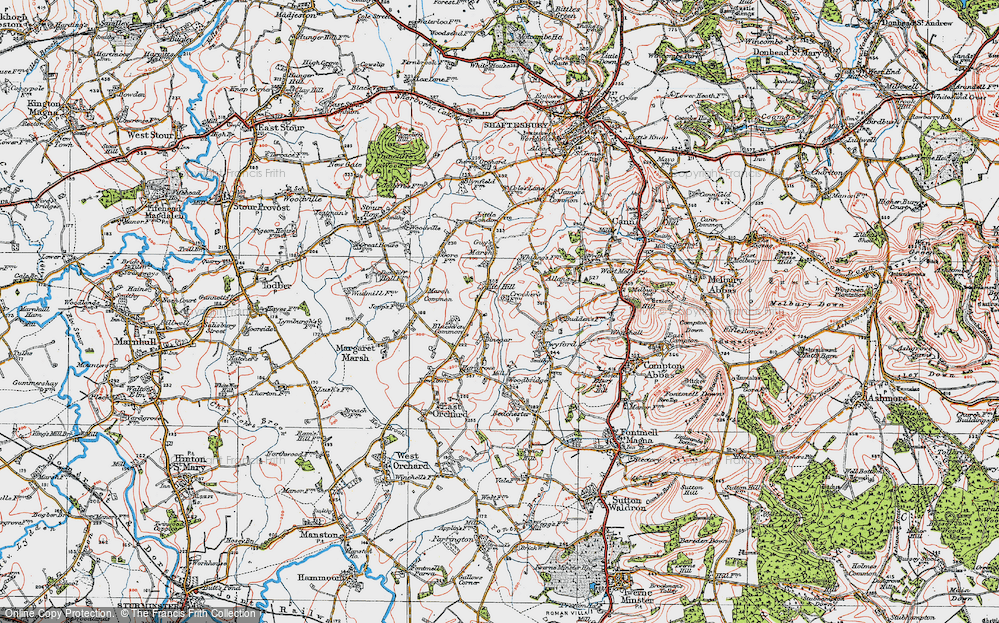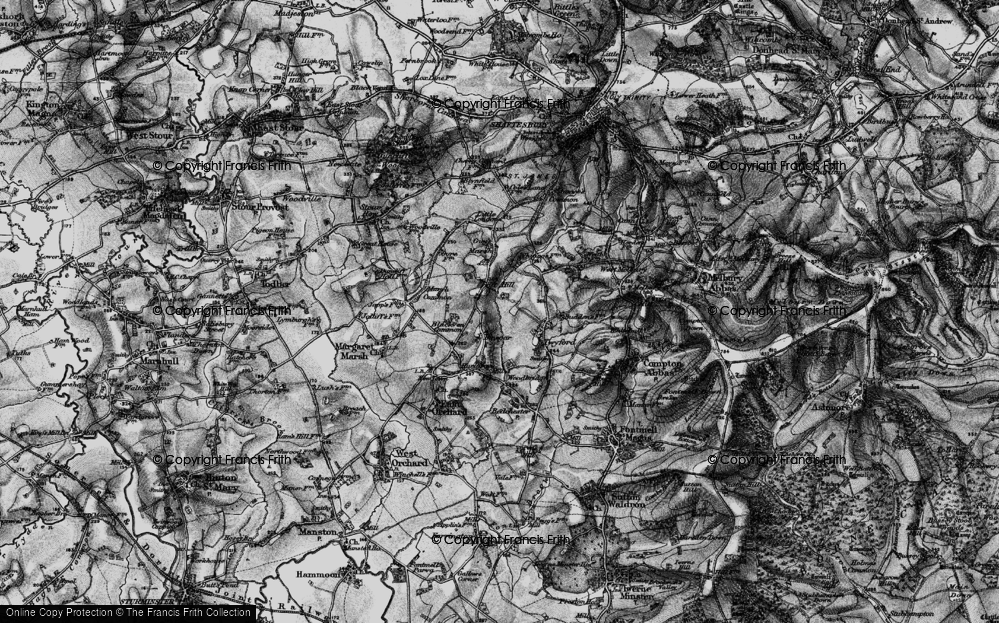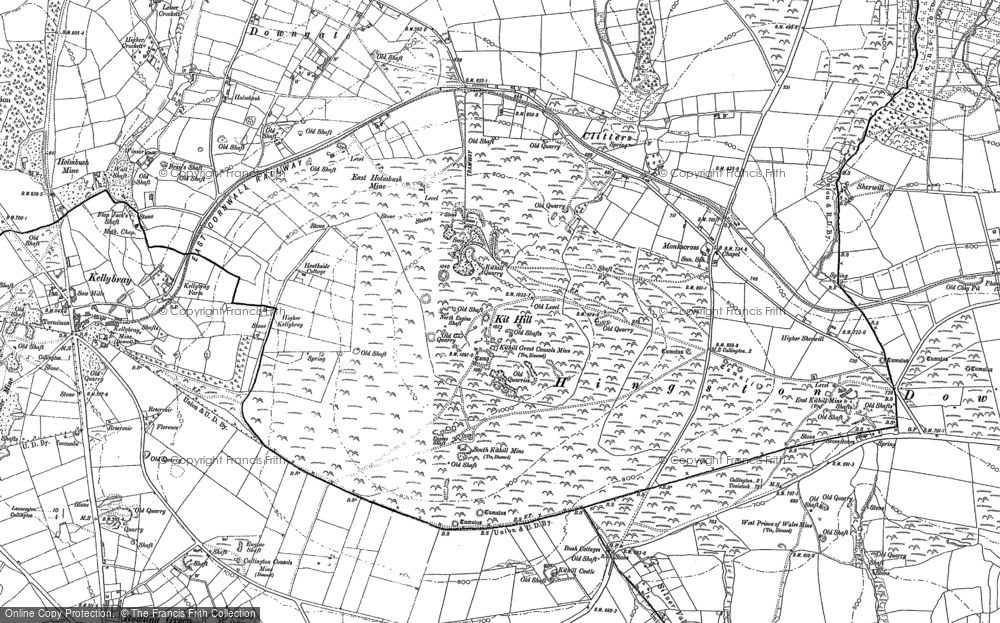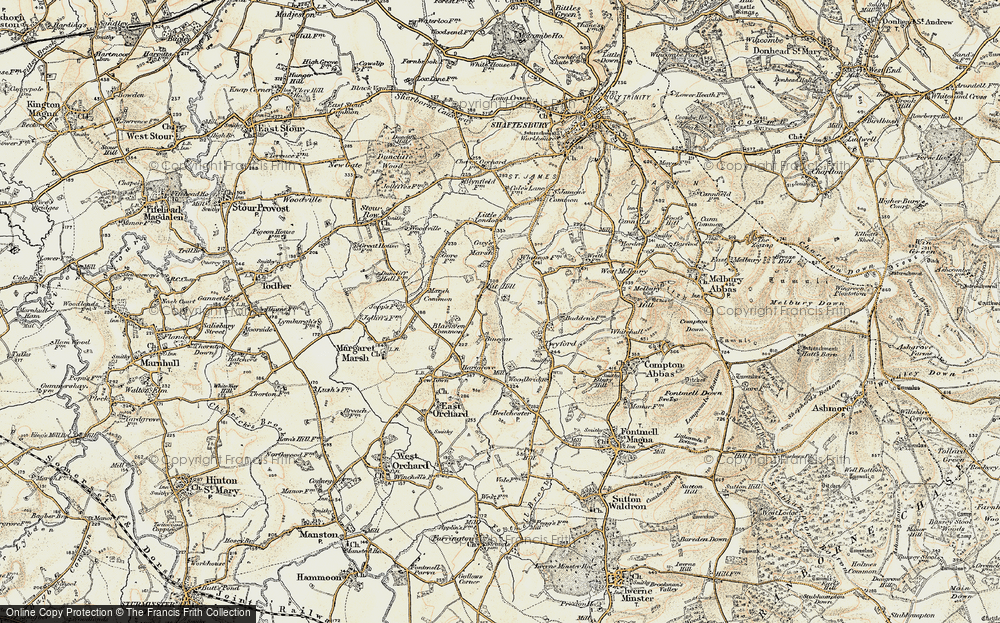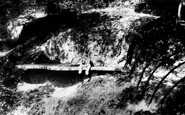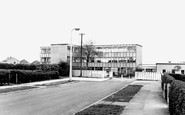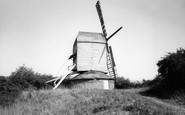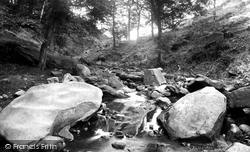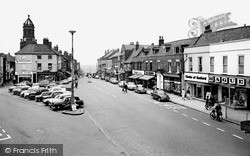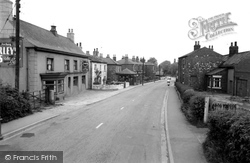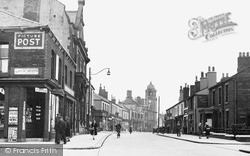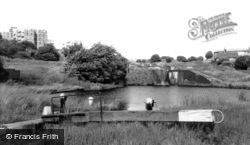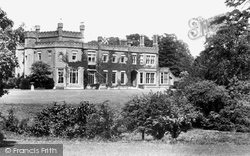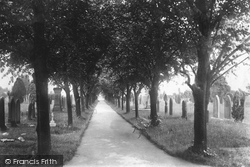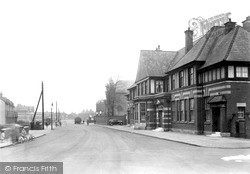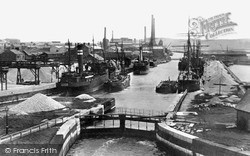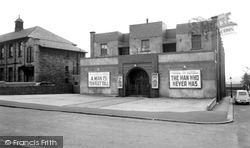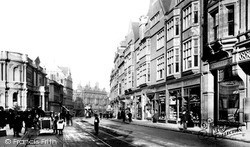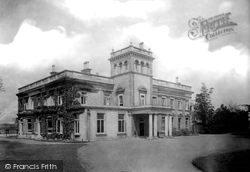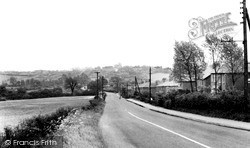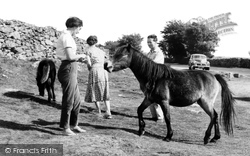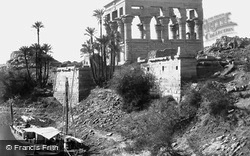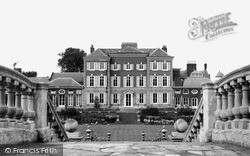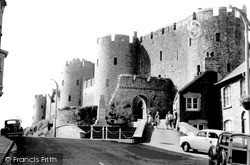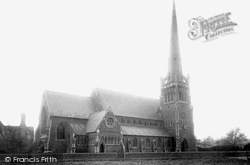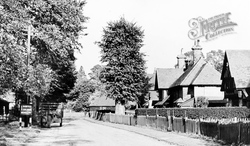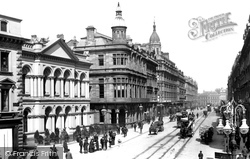Places
15 places found.
Those places high-lighted have photos. All locations may have maps, books and memories.
- Pit, Gwent
- Talke Pits, Staffordshire
- Tunnel Pits, Humberside
- Bedwellty Pits, Gwent
- Fenton Pits, Cornwall
- Slay Pits, Yorkshire
- Tre-pit, South Glamorgan
- Bailey Pit, Gwent
- Gore Pit, Essex
- Moss Pit, Staffordshire
- Red Pits, Norfolk
- White Pit, Lincolnshire
- Even Pits, Hereford & Worcester
- Forest Coal Pit, Gwent
- Michaelston-le-Pit, South Glamorgan
Photos
89 photos found. Showing results 81 to 89.
Maps
84 maps found.
Books
Sorry, no books were found that related to your search.
Memories
867 memories found. Showing results 41 to 50.
Fatso & Friend
It was 1970 before I found myself working in this enclosure with 'Fatso' the male lion and his mate, whose name I, unfortunately, cannot remember. I began working at Dudley zoo in 1970 as the Giraffe Keeper and was moved to the 'Cat ...Read more
A memory of Dudley in 1970 by
Hatches
I remember paddling in the stream and enjoying lazy days of peace and quiet. The hatches were then grazing land with cattle. You then could see the abbey and grounds in the distance, we then watched them dug out and they made way for gravel pits. A little lad drowned in the lakes.
A memory of Frimley Green in 1970
Cotgrave Memories
Our grandad George Boultby was a miner at Cotgrave. Because we didn't have a car, we had to go on the old type Barton buses. We would walk from the bus stop to our grandparents' house. They used to live in two different ...Read more
A memory of Cotgrave in 1970 by
Happy Days!
I used to live at Spring Villa on the main road in Birch Vale in the 1970s and what fond memories I have from Birch Vale! My three older brothers and I used to walk up behind the house through some farming land and across to the ...Read more
A memory of Birch Vale in 1970
Brim Boys
Yes the film Kes is a very good reflection of Brim Boys life. Myself and all my brothers had the pleasure of going there. It was sometimes hard and disciplined but we also we had plenty of laughs and made some great mates through the ...Read more
A memory of Brimington in 1970 by
Whitley Bay My Family
I was born in Newcastle and all my family. My grandparents lived at Percy Terrace and I would go every school holiday to stay with them. I loved walking along the sea front with my gran - she would walk us to Colour ...Read more
A memory of Whitley Bay in 1970 by
My Childhood In Seaton Burn
Hi, my name is Margaret Thomas and before I was married I was Irving. I was brought up by my grandparents, Norman and Rosie Turnbull. They lived at number 2 Office Houses, which were pit houses. One of my ...Read more
A memory of Seaton Burn in 1970 by
Childhood Memories
I was born at 27 Langdale Terrace in 1963 at my lovely grandma and granda's house, Vera and Harry Kirtley. Granda worked at Westwood pit then Hamstley colliery and when that shut he worked at Eden. I ...Read more
A memory of Hamsterley in 1970 by
My Family
Newbiggin was the place I was brought up and spent many happy years on the sands and in the sea until I was 18. Life then took me to London to train to be a teacher. My parents had a house in Windsor Terrace where dad still lives ...Read more
A memory of Newbiggin in 1970 by
Cycling To The Mill
We used to cycle to this old mill in the late 1960s and early 1970s when I lived in Woolpit. My brother found a large ammonite fossil in the clay near this site. There were the gravel pits nearby and we always used to joke ...Read more
A memory of Woolpit in 1970 by
Captions
118 captions found. Showing results 97 to 120.
This stream, the Lode Pit Beck, flows off the moor into the Aire at Shipley. A former drovers' track took trade over the hills to Ilkley and Otley.
The prosperous Georgian feel of the town originates with the presence of the castle and with its role as a market town and agricultural centre.
Also in that period massive pits surrounded Altofts, and the Church of St Mary Magdalene (1890) has a window memorial to the 32 men and boys (and 53 horses) killed in the explosion at the West Riding
On the northern edge of the Wigan coalfield, local pits once provided employment for over 2000 miners, but by the late 1940s the mines were just a memory.
The reasoning behind the construction of the Dudley and Stourbridge Canals was for the transportation of coal from pits around Dudley to the glass works at Stourbridge, and for the export of coals
The reasoning behind the construction of the Dudley and Stourbridge Canals was for the transportation of coal from pits around Dudley to the glass works at Stourbridge, and for the export of coals
It stands further east and closer to Cheam village than the original palace.
Burials were forbidden within the town, and a plague pit was opened at the southern end of Millgate near the bridge over the Devon.
The small village based around the manor of Rossington was enlarged to its west side once coal reserves had been found.
Runcorn was also a coal port, handling traffic from Lancashire and Staffordshire pits.
Cudworth was never a pit village, although it is surrounded by collieries at Monk Bretton (opened in 1870), Carlton (1879), Grimethorpe (1897), Frickley (1905) and Ferrymoor (1917).
Bilston had a lock-making industry of sorts in the 16th century but it remained fairly static; along with Pontypool, Bilston was an early centre for japanning—the copying of Japanese goods by English
After the Great War, it was used as a sanatorium for TB sufferers; it closed in the 1970s, when it was converted to private residences.
Kippax Colliery near Owl Wood flourished between 1858 and 1904, but it was the nearby pits of Allerton Bywater (1875-1992) and Ledston Luck (1909-1987) that transformed the village into the town
Dartmoor was plundered for its mineral wealth. In the south, huge pits were dug for china clay, an industry that continues today, and all over the moor granite was quarried for building stone.
Epsom Downs with its close-cropped turf and easy access from London was the place for it.
This pitted Protestants against Catholics, Parliamentarians against Royalists.
Poyer and Laugharne capitulated, but not before the traitor was caught and poetically buried in the water pit.
If we return briefly to the beginning of the 19th century, Sutton again made history when the body of Mary Ashford, aged 20, was found brutally murdered - drowned in a marl-pit in Penns Lane.
As Reading expanded south, St Giles', decaying and small, proved unable to cope, and Christchurch was built in 1861-2. It
Beyond, a timber structure can be seen in the front garden of No 1. It was for many years the village post office.
There was already the beginnings of a route in one very old narrow street, but all signs of Hercules Street were to disappear, along with its 40 fleshers and their killing yards.
Places (15)
Photos (89)
Memories (867)
Books (0)
Maps (84)


